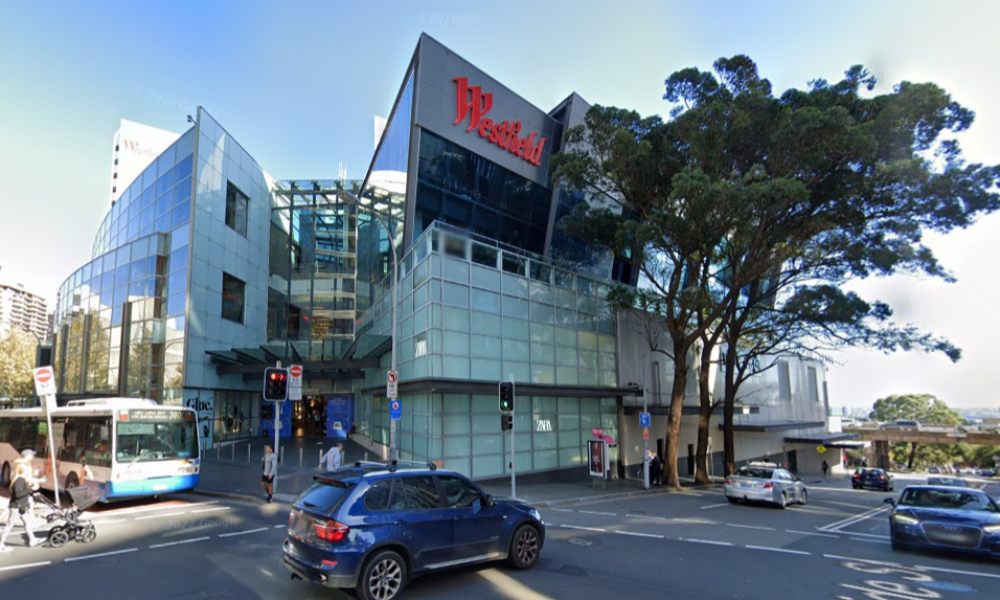Court confirmed workplace sexual harassment need not be explicit

In a recent decision, the NSW Court of Appeal upheld the NSW Civil and Administrative Tribunal’s finding that a company’s sexually suggestive WH&S poster constituted sexual harassment. The Court confirmed that sexual harassment in the workplace need not be explicit, citing “innuendo, insinuation, implication, overtone, undertone, horseplay, a hint, a wink or a nod” as devices capable of constituting sexual harassment.
Background
In October 2019, the NSW Civil and Administrative Tribunal found that Vitality Works Australia Pty Ltd (“Vitality Works”) and Sydney Water Corporation (“Sydney Water”) had contravened the Anti-Discrimination Act 1977 (NSW) by displaying a sexually suggestive poster at the Sydney Water Ryde depot.
The poster was created as part of Sydney Water’s WH&S campaign “SpineSafe”, which was designed to raise awareness of the importance of employees “warming up the joints” before commencing work. Sydney Water enlisted Vitality Works to conduct the campaign on its behalf.
The poster depicted a smiling photograph of one of Sydney Water’s few female employees, with an overlayed caption, “Feel great, lubricate!”. The word “lubricate” was highlighted in a larger, bold font. The poster was displayed outside the men’s toilets and in the lunchroom. Although the female employee agreed to have her photograph included in the campaign, she was not informed of the caption to be used.
The Tribunal assessed the damages to the female employee at $318,280. However, due to legislative caps, this amount was reduced to $100,000 per company.
The Appeal
Vitality Works sought leave to appeal the decision based on several grounds. One of its main submissions was that Vitality Works never required Sydney Water to use the poster and that Vitality Works was a “third party” to the harassment because it had not engaged in publishing, displaying or distributing the poster. The Court rejected this submission, agreeing with the Tribunal’s finding that Vitality Works created the poster and requested Sydney Water print and display it.
Vitality Works also submitted that the sexualised message was not “explicit” and may not meet the legislation’s definition of “conduct of a sexual nature”. The Court also dismissed this argument, commenting that the sexualisation of women in the workplace often isn’t explicit.
“The suggestion that conduct cannot amount to sexual harassment unless it is sexually explicit overlooks the infinite subtlety of human interaction and the historical forces that have shaped the subordinate place of women in the workplace for centuries,” the Court said.
The Court also noted that “there is no legal requirement that the perpetrator of sexual harassment intended to sexually harass the victim.” It dismissed Vitality Work’s appeal.
Key Takeaways
- Sexual harassment need not be explicit – innuendo, insinuation and horseplay are all capable of constituting sexual harassment
- Sexual harassment may occur where the perpetrator does not intend to sexually harass the victim
- Contractors may also be found guilty of sexual harassment, even where the harassment occurs outside the contractor’s workplace








